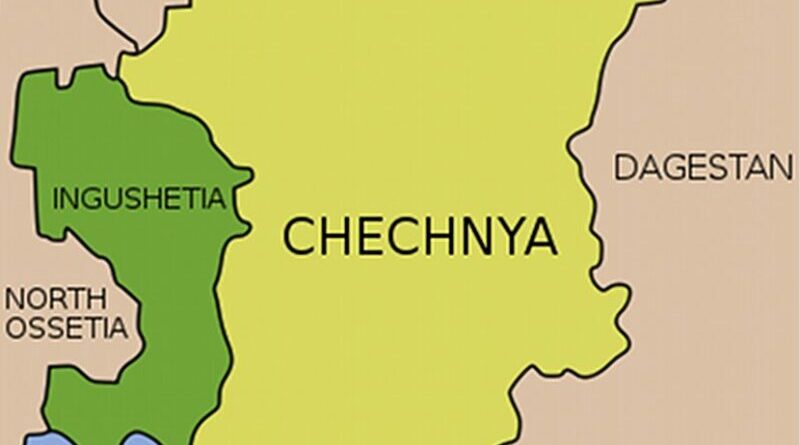Ingushetia Independence Movement Commits To Future Republic Based On Moderate Ingush Islam – OpEd
By Paul Goble
Although Committee for Ingush Independence emerged just over a year ago, its specific program beyond seeking to take advantage of the looming collapse of Russia has remained unclear. But now, statements by its leaders are beginning to describe exactly what the group hopes for should an independent Ingushetia emerge.
A spokesman for the group gave a few ideas in an interview earlier this month (windowoneurasia2.blogspot.com/2024/01/after-moscow-labelled-them-foreign.html), but now the head of the Committee, Ansar Garkkho has offered a more detailed set of ideas about what the group hopes for and plans (kavkazr.com/a/nas-kritikuyut-za-to-chto-my-ne-v-tyurjme-komitet-ingushskoy-nezavisimosti-o-dekolonizatsii/32791115.html).
Garkkho, who lives in Turkey after fleeing persecution in his homeland earlier, makes three important points: first, his group is not so much a movement organizing people to seek independence but rather a forum for the discussion of what independence should consist of should it happen if Russia collapses.
Second, he says that Ingush independence depends on Russia’s collapse rather than on the efforts of Ingush in the homeland or in the diaspora. Those in the homeland can scarcely hope to achieve much in the current repressive environment and those in the diaspora can’t organize a movement from abroad.
And third – and this is the largest takeaway from his latest statement – Garkkho argues that in the future, Ingushetia will be an Islamic republic based on shariat but that it will be moderate in this as Ingush Muslims are moderates rather than extremists like some Muslims elsewhere in the North Caucasus.
That position will likely win him and his group support from some quarters but it may cost them the support of others. That makes his specific language on this point especially important. The committee leader says the following:
“Ingush society as a whole lives according to shariat law: people create families, solve problems, bury people – all according to Islamic law. Even if problems occur, people, as a rule, do not appeal to Russian law. No one will ever suggest going to court or the prosecutor’s office, and if they do, they will answer him: ‘What are you, an idiot?’”
Instead, “everyone says, let’s solve the problem according to sharia. In my opinion, the state structure simply must consolidate on the basis of this. For example, schools and universities could retain the same curriculum, simply removing elements that are contrary to Islam, as well as Russian propaganda.”

